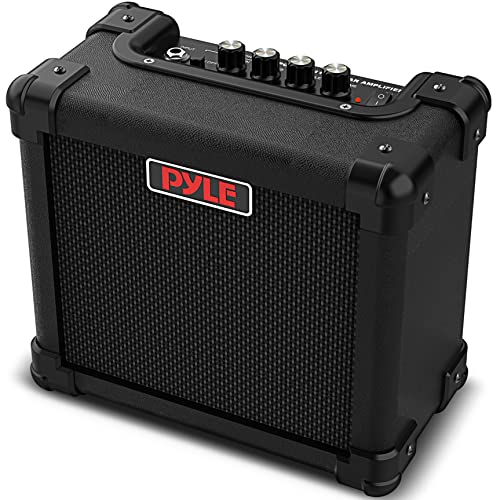thinskin57
Well-known member
- Joined
- Jan 8, 2008
- Messages
- 407
- Reaction score
- 0
i just added an iso-booth to my studio. what i'd like to do is keep my fender supersonic combo in the control room while i track (so i can make tonal adjustments), and have it feed my tremoverb combo's two (nicely broken in) speakers. being a combo, my tverb's speaker wires are wired to a 1/4" male speaker jack that normally goes to the chasis. my question is this- is it safe to connect a speaker cable from my supersonic to the tverb's speaker jack via a female/female 1/4" coupler? i'm wondering if it would create some kind of impedance issue or not.






















